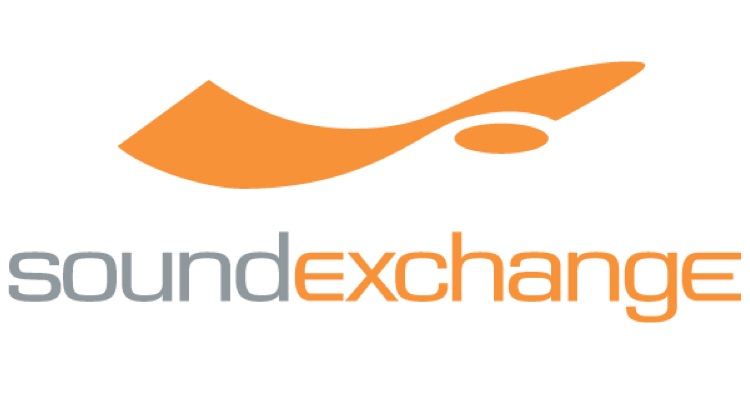SoundExchange, a non-profit organisation responsible for collecting and distributing digital performance royalties, recently defended a revised streaming radio royalty rate structure passed by the Copyright Royalty Board (CRB). John Simson, the executive director of SoundExchange, argued that the ruling was “fair” and called upon broadcasters to consider the revenue needs of artists.
“The music created by artists is the main reason why people listen to internet radio, and those artists should be fairly compensated for the value they bring to each webcaster’s business,” Simson said. “Yet, the webcasters refuse to acknowledge this common sense fact.”
Simson’s statement follows a swell of protest from major streaming radio groups following the CRB decision, and a subsequent decision by the Board to rehear arguments in the matter. The protest group, which includes heavy-hitters like National Public Radio (NPR), Clear Channel, and AOL, argued that the newly-issued royalty structure would impose needless expenses upon broadcasters and cause a significant number of small and midsize companies to exit.
Simson acknowledged those assertions, though he also pointed to the myriad of revenue possibilities open to enterprising broadcasters. “Webcasters have a number of opportunities to maximize revenue with a captive audience attracted by music created by artists through banner ads, pop-ups, video pre-rolls, audio commercials and other avenues of revenue generation,” he noted.
That argument could affect refreshed CRB deliberations. Still, both parties are likely to hammer out a recording royalty rate structure that offers more balance between the revenue needs of artists and the total budgets of internet broadcasters. The recently-passed schedule, passed on March 2nd, replaced royalty calculations based on a percentage of total revenues with a per-play penny rate. The CRB offered to rehear arguments earlier this week.
The royalty rate structure for streaming music has been a contentious issue for many years. SoundExchange was created in 2003 to collect and distribute digital performance royalties for sound recordings, with the aim of ensuring that artists and copyright owners receive fair compensation for their work. The rates have been set by the CRB, which was established by Congress to oversee copyright royalty rates.
Streaming music services have grown in popularity in recent years, with companies like Spotify, Apple Music, and Tidal leading the way. These services have faced criticism from artists who argue that they are not being fairly compensated for their work. The issue has led to high-profile disputes between artists and streaming services, with Taylor Swift famously pulling her music from Spotify in 2014 in protest over the company’s royalty rates.
The CRB decision has also prompted criticism from some lawmakers, who argue that the new royalty structure could harm the streaming music industry. Rep. Darrell Issa (R-Calif.) introduced a bill earlier this month that would change the royalty rate-setting process and create a new standard for determining rates.
“We cannot let the CRB’s decision stand unchallenged,” Issa said in a statement. “The CRB’s ruling is a blow to the music industry and the artists who create the music we love. We need to find a solution that is fair to all parties involved.”
The issue of streaming music royalties is likely to continue to be a contentious one, as artists and streaming services seek to find a balance between compensation and profitability. The CRB’s decision is just one step in a long process, and it remains to be seen how the issue will ultimately be resolved.


